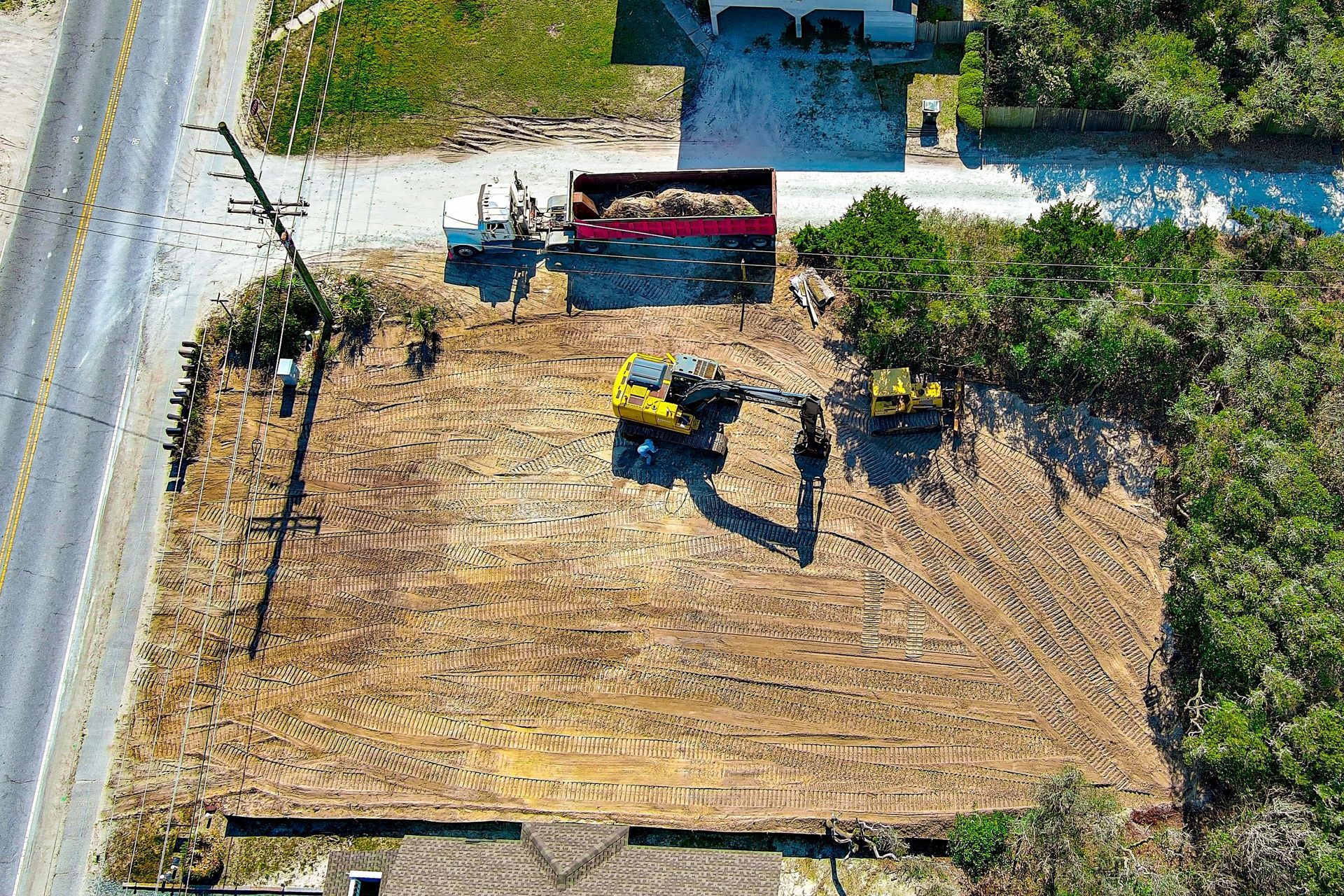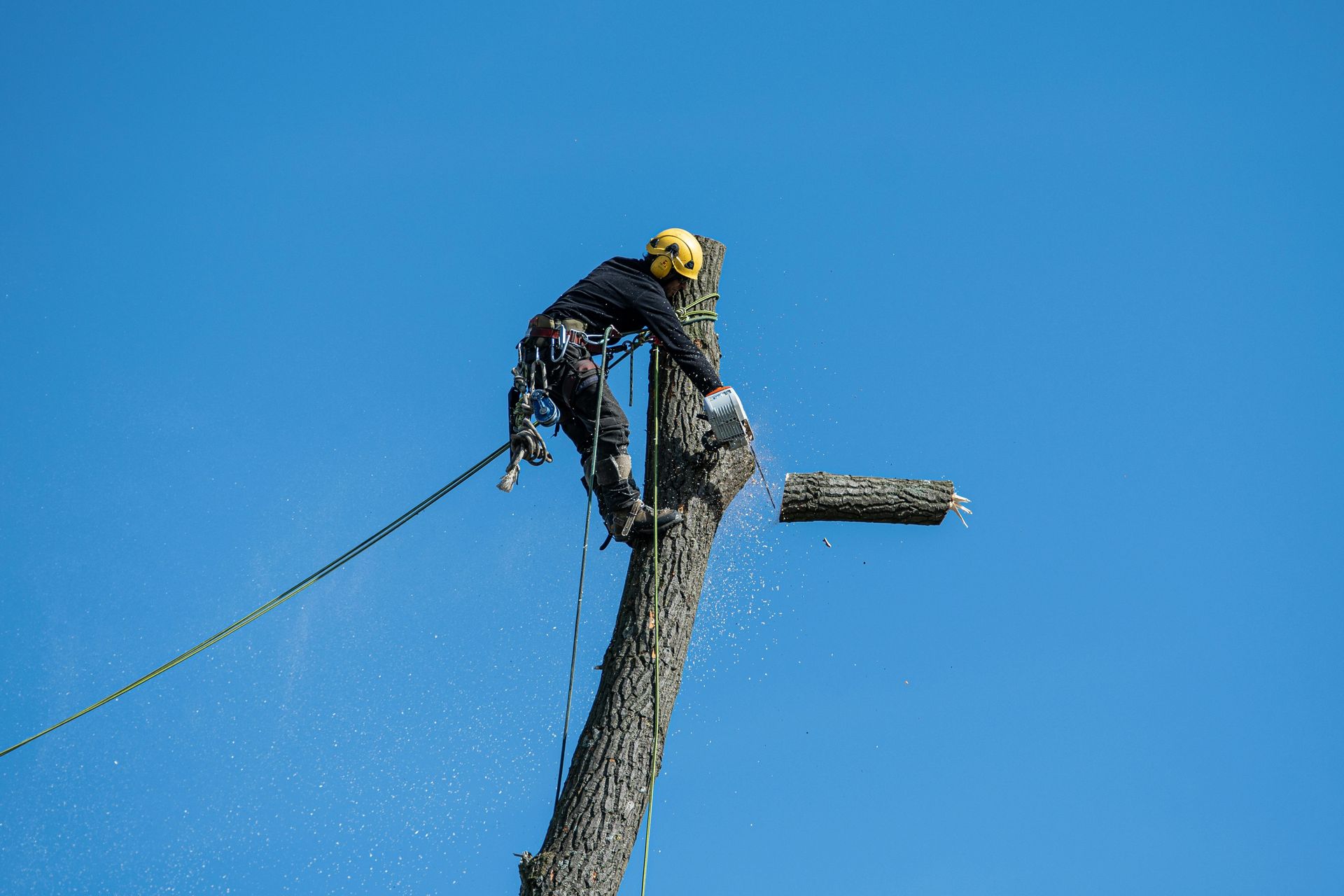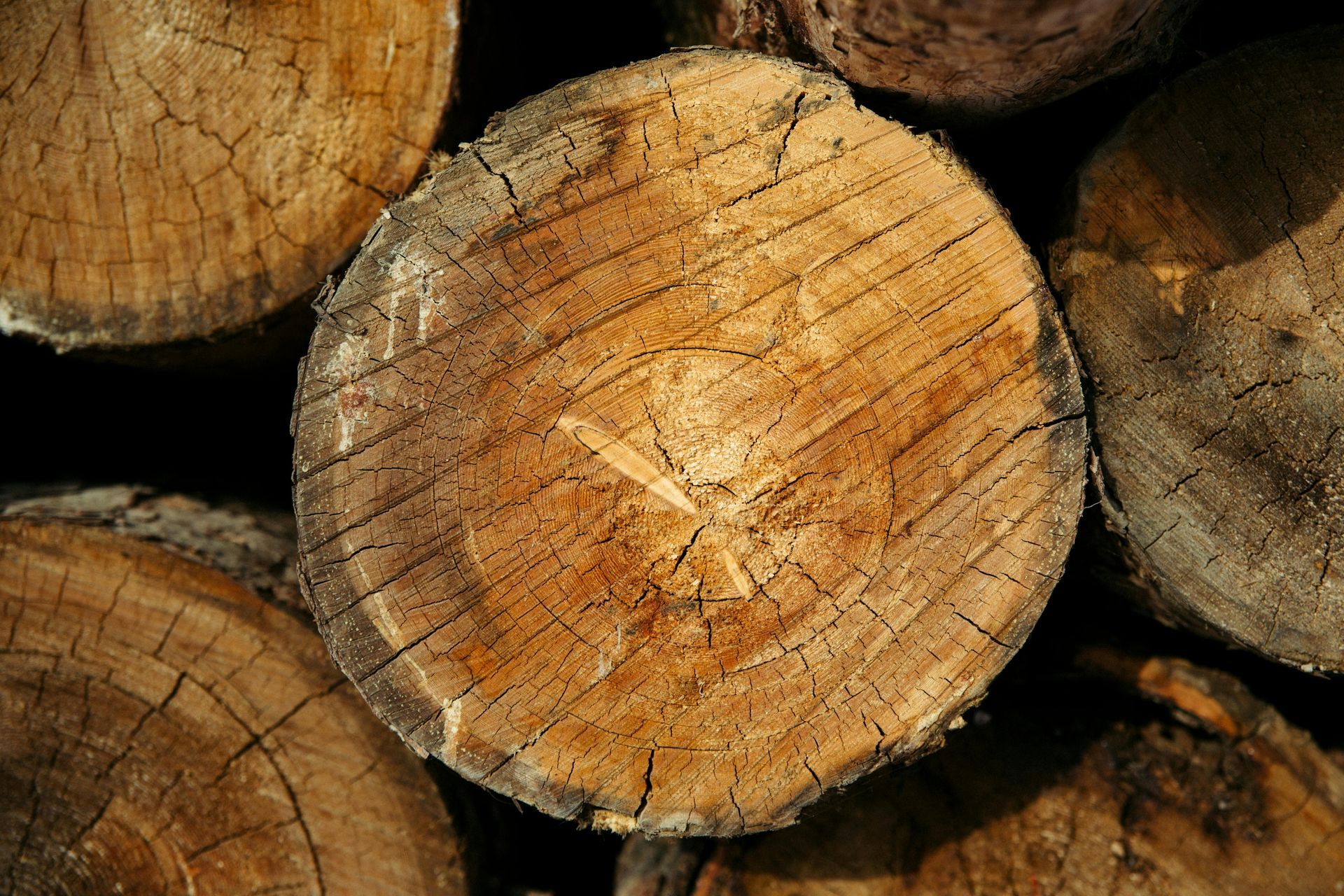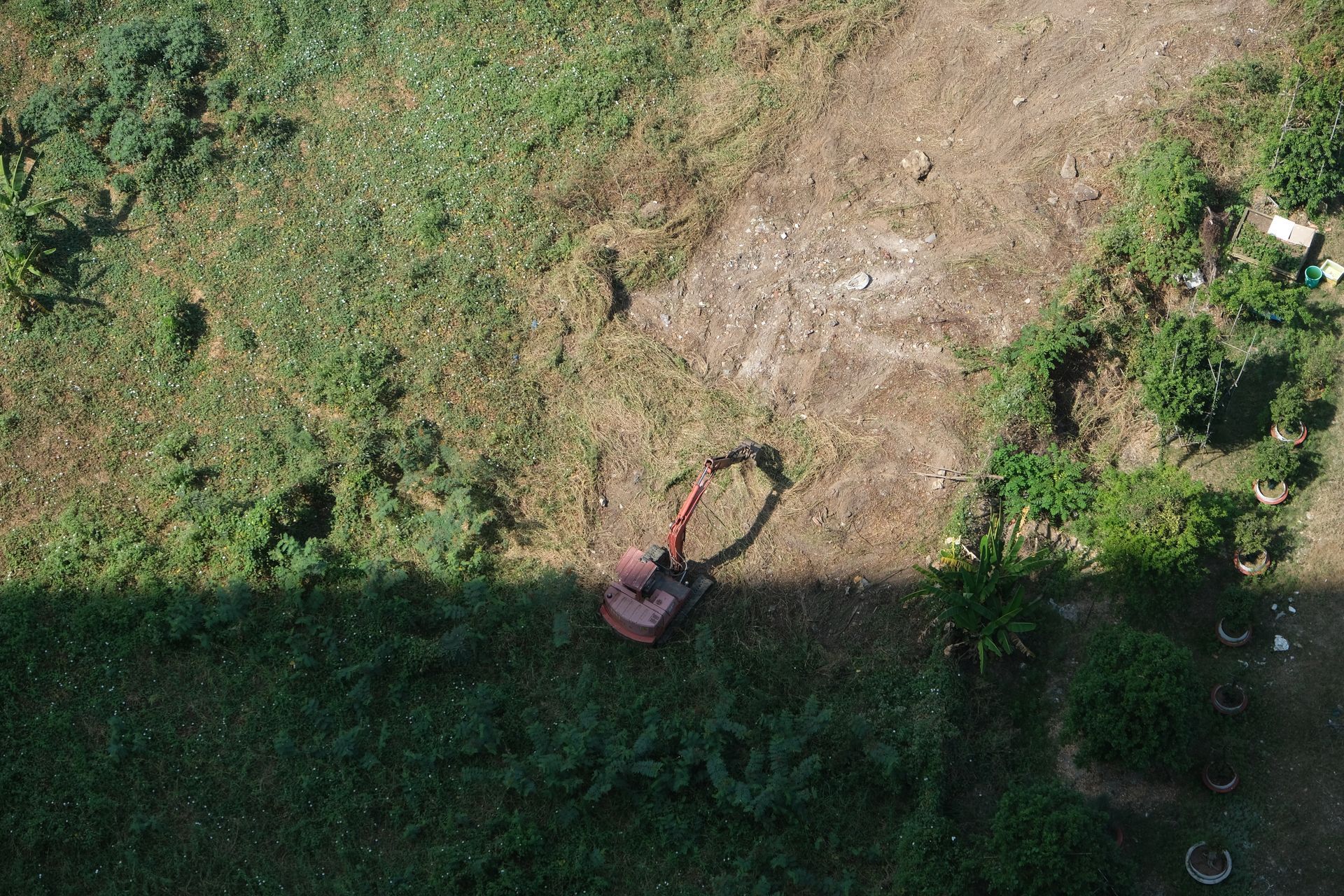Low Impact Logging: Driving Sustainable Economic Growth
Low Impact Logging: Driving Sustainable Economic Growth
At Grade Timber, we believe that sustainable forestry can be a powerful driver of economic growth and community well-being. Low impact logging (LIL) is at the heart of our mission, offering a way to harvest timber responsibly while creating jobs, supporting local economies, and ensuring long-term benefits for landowners. This blog post explores how low impact logging fosters sustainable economic growth, strengthens communities, and preserves forests, showcasing why Grade Timber is a leader in responsible timber harvesting.
What is Low Impact Logging?
Low impact logging is a sustainable forestry practice designed to minimize environmental damage during timber extraction. Unlike conventional logging methods that can harm ecosystems and deplete resources, LIL uses selective harvesting, carefully planned extraction routes, and specialized equipment to protect forests. At Grade Timber, we integrate these techniques to deliver high-quality timber while maintaining the health of the land and supporting economic vitality.
By balancing environmental stewardship with economic benefits, low impact logging creates a model for sustainable growth that benefits landowners, communities, and the timber industry. Let’s explore how LIL achieves this balance and drives prosperity.
At Grade Timber, we believe that sustainable forestry can be a powerful driver of economic growth and community well-being. Low impact logging (LIL) is at the heart of our mission, offering a way to harvest timber responsibly while creating jobs, supporting local economies, and ensuring long-term benefits for landowners. This blog post explores how low impact logging fosters sustainable economic growth, strengthens communities, and preserves forests, showcasing why Grade Timber is a leader in responsible timber harvesting.
How Low Impact Logging Fuels Sustainable Economic Growth
1. Creating Sustainable Jobs
Low impact logging supports local economies by creating jobs that are both environmentally and economically sustainable. From forestry professionals to equipment operators, LIL requires skilled workers who contribute to the timber industry while preserving forest ecosystems. These jobs provide stable employment opportunities in rural areas, where economic opportunities may be limited.
At Grade Timber, we hire and train local workers to implement our low impact logging practices, fostering employment that aligns with community values. By investing in our workforce, we help build stronger, more resilient local economies.
2. Ensuring Long-Term Land Value
For landowners, low impact logging offers a way to generate income from timber harvesting without compromising the long-term value of their land. By selectively harvesting trees and protecting soil, water, and biodiversity, LIL ensures that forests remain productive for future harvests. This sustainable approach creates a reliable revenue stream for landowners over time.
Grade Timber works closely with landowners to develop customized logging plans that maximize economic returns while preserving forest health. Our expertise ensures that your land remains a valuable asset for generations, supporting both personal and regional economic growth.
3. Supporting Local Supply Chains
The timber industry is a vital part of many rural economies, and low impact logging strengthens local supply chains by providing sustainably sourced wood. This high-quality timber supports industries such as construction, furniture manufacturing, and renewable energy, creating a ripple effect of economic activity. By prioritizing sustainable practices, LIL ensures that these industries have a consistent supply of resources without depleting forests.
At Grade Timber, we supply eco-friendly timber to businesses that value sustainability, helping to drive demand for responsibly sourced products. Our commitment to low impact logging supports local economies by fostering partnerships across the supply chain.
4. Preserving Ecosystem Services for Economic Benefits
Forests provide essential ecosystem services, such as clean water, carbon storage, and recreational opportunities, which have significant economic value. Low impact logging protects these services by minimizing environmental disruption, ensuring that forests continue to support local economies. For example, healthy forests attract tourism and outdoor recreation, which generate revenue for communities.
Grade Timber’s low impact logging practices are designed to maintain these ecosystem services, creating economic benefits beyond timber production. By preserving forests, we help communities thrive through diverse revenue streams.
5. Reducing Costs of Environmental Restoration
Traditional logging can lead to costly environmental damage, such as soil erosion, water contamination, and habitat loss, requiring expensive restoration efforts. Low impact logging reduces these risks by using techniques that protect soil, water, and wildlife. This minimizes the need for costly remediation, saving money for landowners and communities while preserving the land’s economic potential.
Grade Timber’s proactive approach to low impact logging prevents environmental harm, reducing long-term costs and ensuring that forests remain productive. Our practices deliver economic value by prioritizing sustainability from the start.
6. Attracting Environmentally Conscious Markets
As consumers and businesses increasingly prioritize sustainability, low impact logging positions Grade Timber to meet the growing demand for eco-friendly timber. Companies in construction, furniture, and other industries seek responsibly sourced materials to align with their environmental goals. By providing sustainably harvested timber, Grade Timber taps into these markets, driving economic growth through premium products.
Our low impact logging practices allow us to offer timber that meets high environmental standards, appealing to clients who value sustainability. This market advantage strengthens our position in the industry and supports economic prosperity.
7. Fostering Community Development
Sustainable forestry through low impact logging goes beyond economic benefits—it fosters community development by promoting environmental stewardship and collaboration. Healthy forests provide resources, recreational spaces, and cultural value, strengthening community ties. By engaging with local stakeholders, Grade Timber builds trust and supports initiatives that enhance community well-being.
We partner with communities to educate them about the benefits of low impact logging and involve them in sustainable forestry efforts. This collaborative approach creates shared prosperity, ensuring that forests remain a cornerstone of community development.
8. Adapting to Changing Economic Conditions
Low impact logging provides flexibility in the face of changing economic conditions, such as fluctuating timber prices or environmental regulations. By maintaining forest health, LIL allows landowners to adjust their harvesting strategies over time, ensuring economic resilience. This adaptability is crucial for navigating market uncertainties while preserving the land’s value.
Grade Timber’s expertise in low impact logging helps landowners make informed decisions that balance immediate economic needs with long-term sustainability. Our tailored solutions ensure that your forest remains a reliable economic asset in any market.
Why Choose Grade Timber for Low Impact Logging?
At Grade Timber, we are committed to driving sustainable economic growth through low impact logging. Our approach combines expertise, innovation, and a dedication to responsible forestry, making us a trusted partner for landowners and businesses. Here’s why clients choose us:
- Skilled Workforce: Our team is trained in low impact logging techniques, delivering high-quality timber while protecting the environment.
- Advanced Technology: We use specialized equipment to minimize ecological impact, ensuring sustainable and cost-effective operations.
- Customized Solutions: We collaborate with clients to create logging plans that align with their economic and environmental goals.
- Sustainability Commitment: Our practices meet rigorous standards for responsible forestry, supporting both economic and ecological health.
By partnering with Grade Timber, you’re investing in a sustainable future that benefits your land, your community, and the economy. Our low impact logging services deliver premium timber while fostering long-term prosperity.
Take Action with Grade Timber
Low impact logging is a powerful tool for driving sustainable economic growth, creating jobs, and supporting communities while preserving forests. At Grade Timber, we’re proud to lead the way in responsible forestry, helping landowners and businesses thrive through eco-friendly practices.
Ready to see how low impact logging can benefit your land and community? Contact Grade Timber today to explore our services and discover how we can help you achieve sustainable economic success. Together, we can build a future where forests and economies flourish.
Visit Grade Timber to learn more about our low impact logging solutions and start driving sustainable economic growth today.










